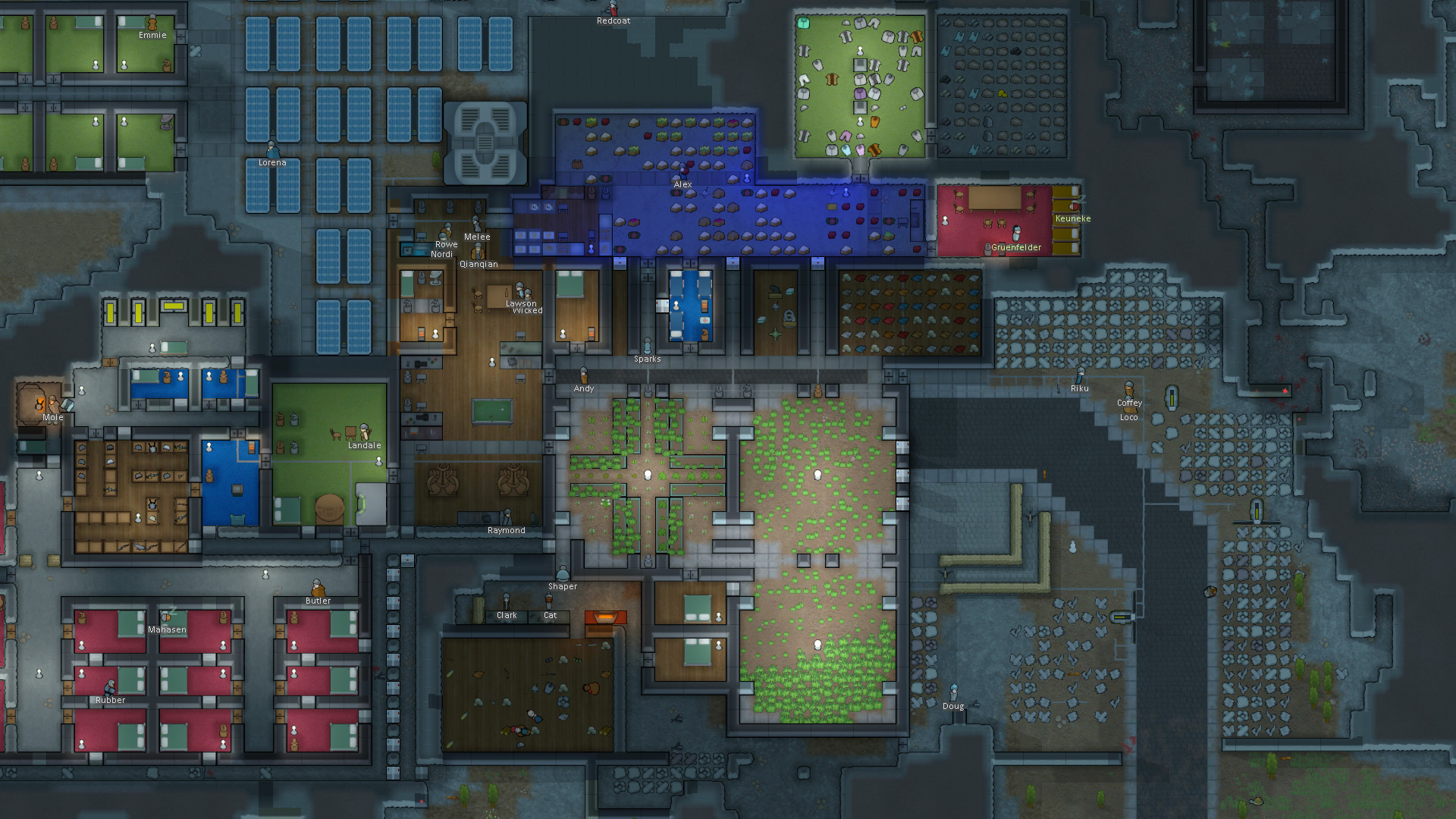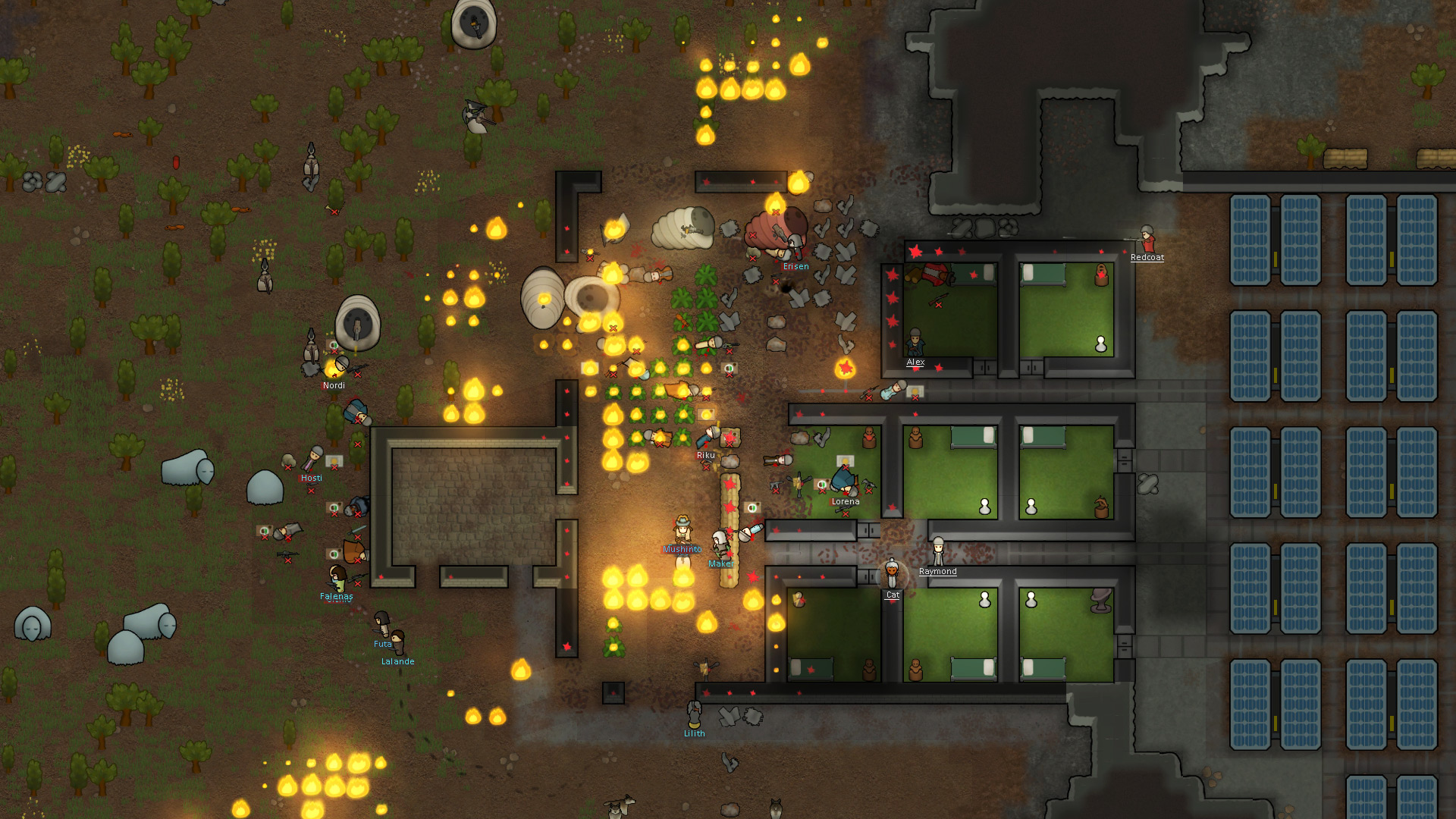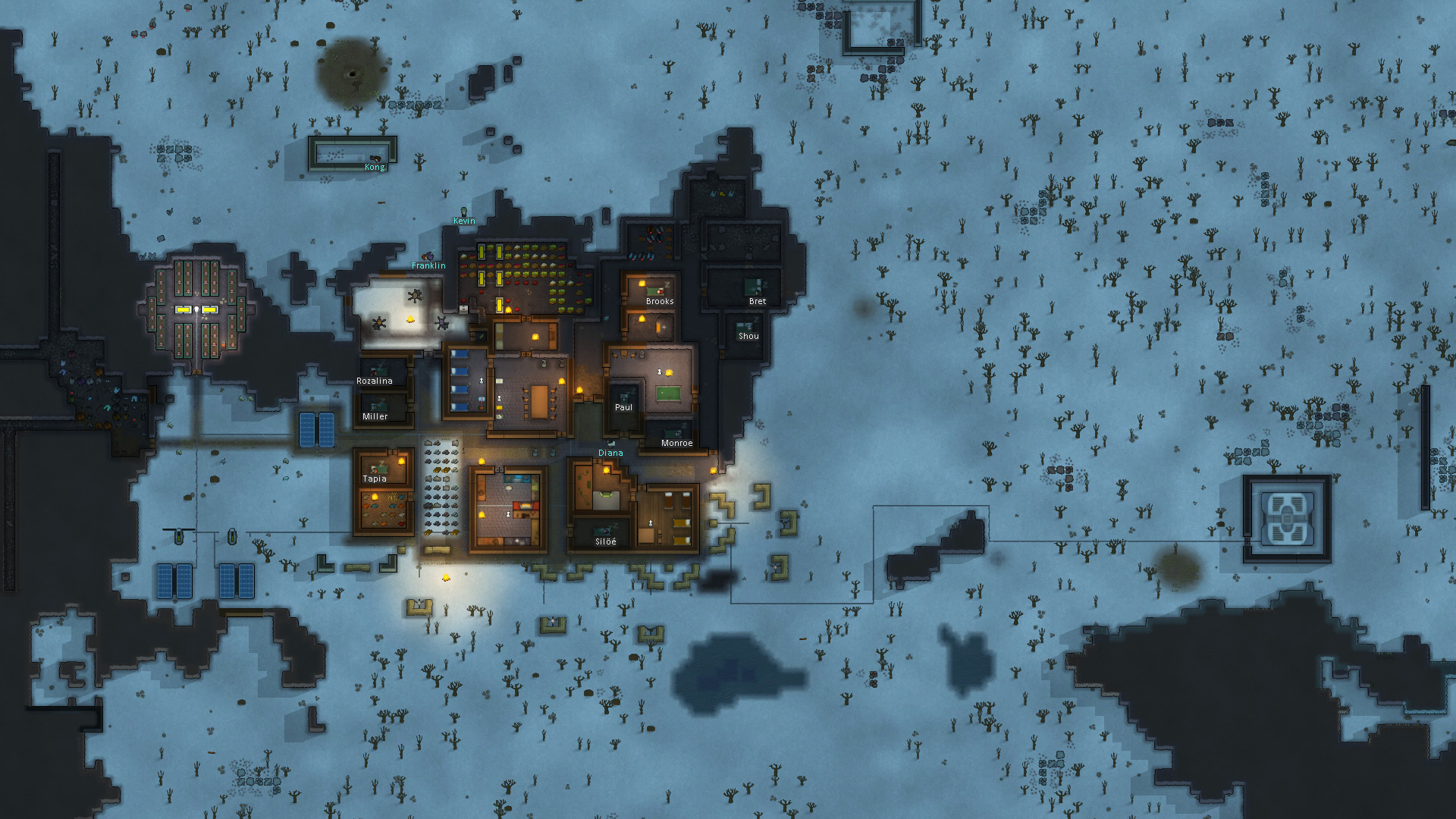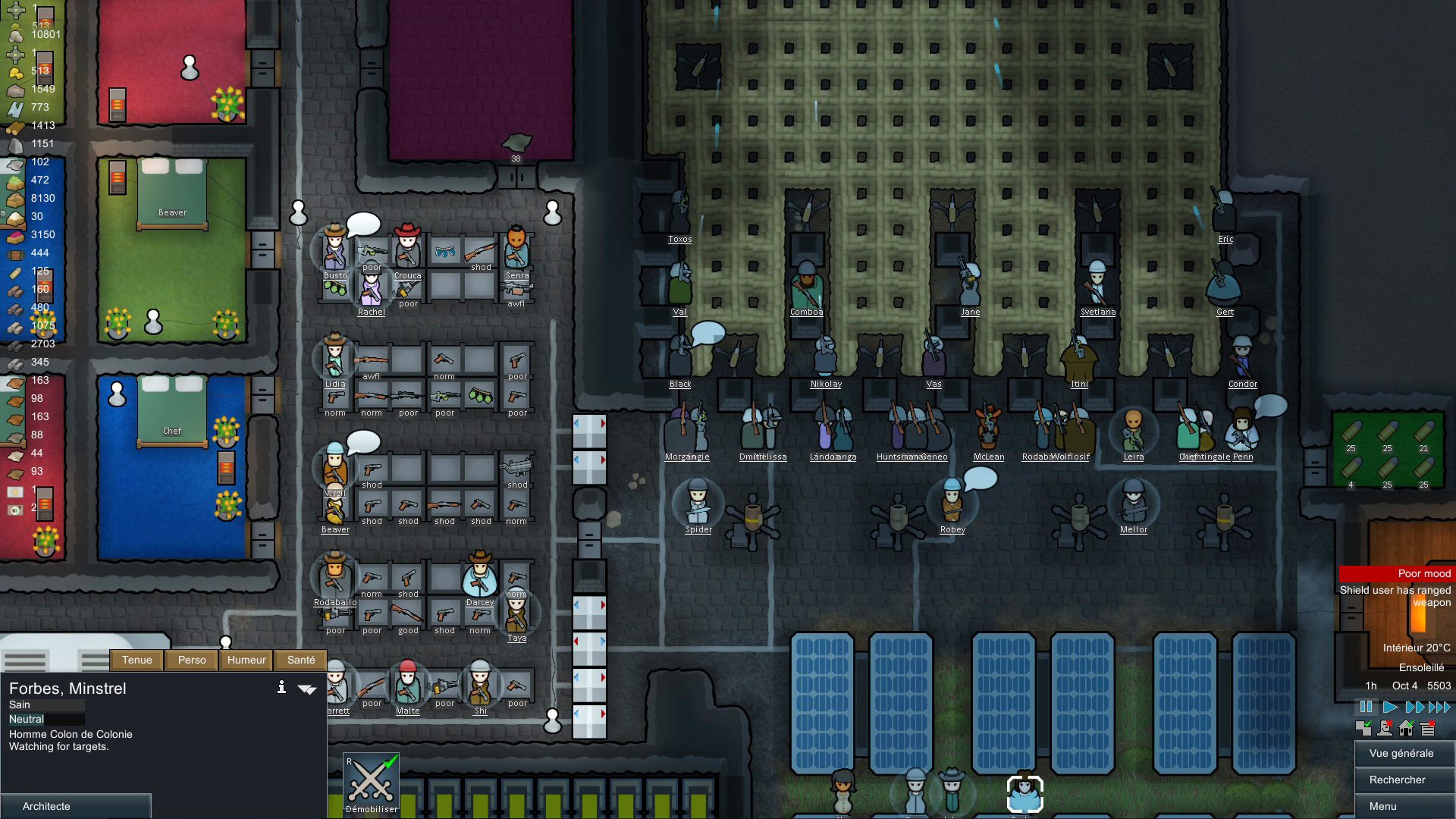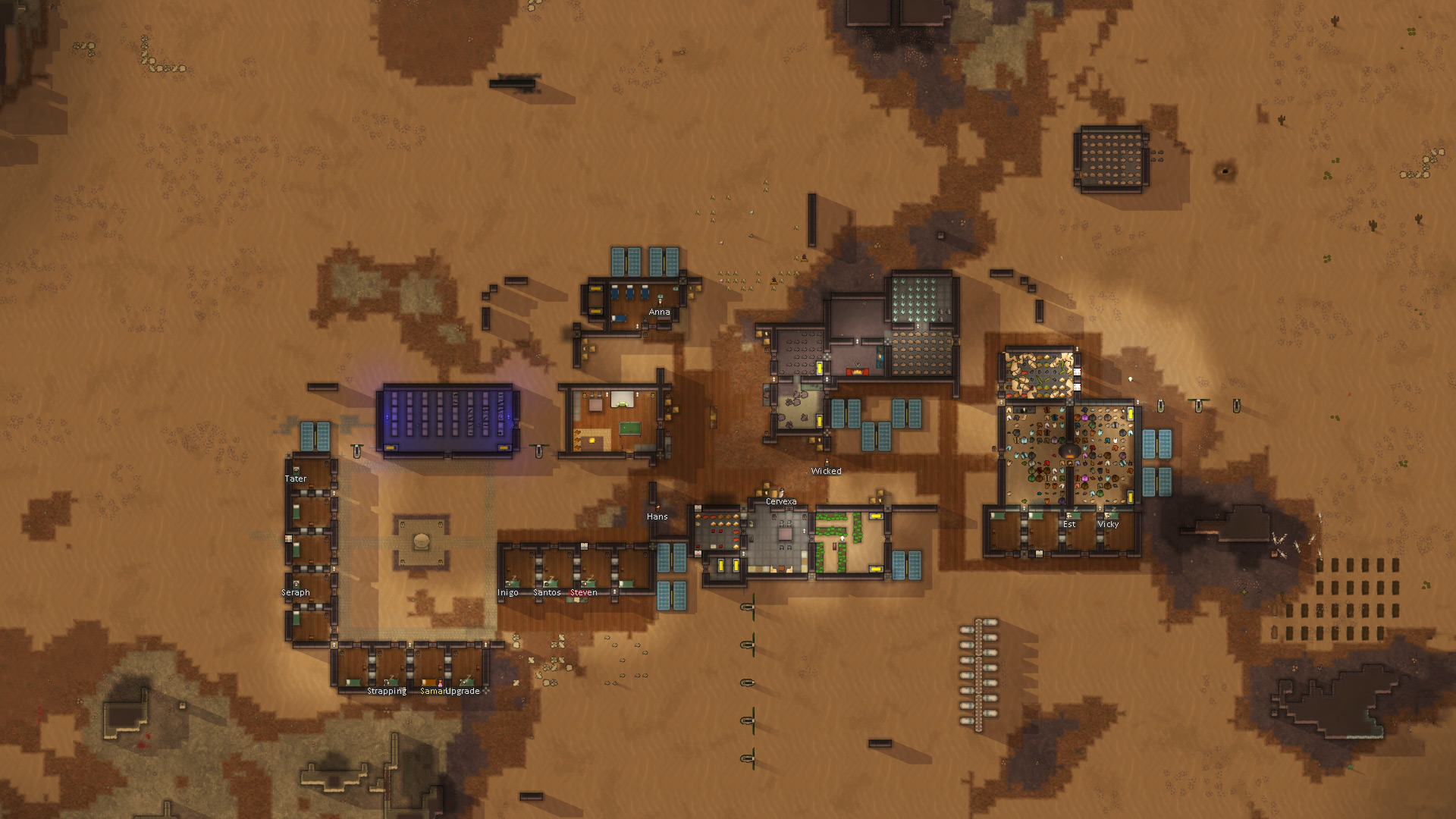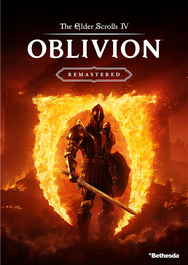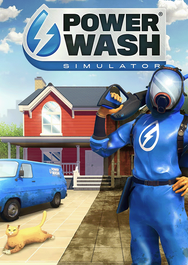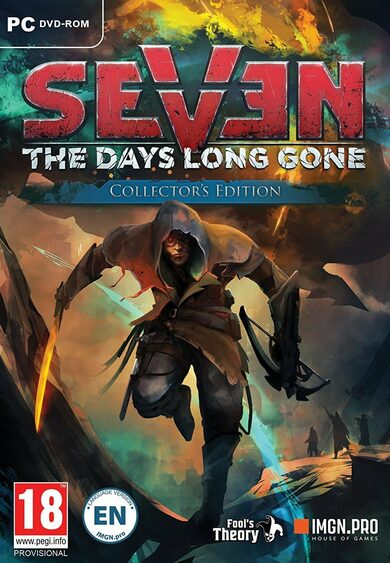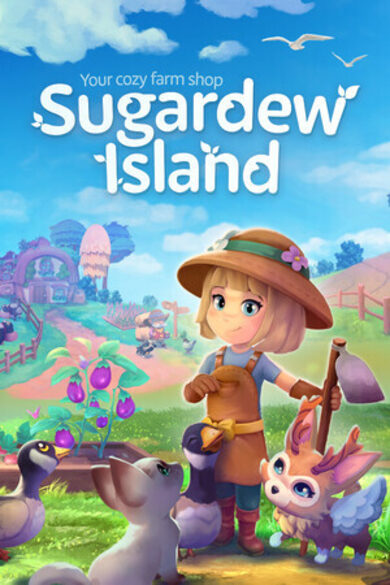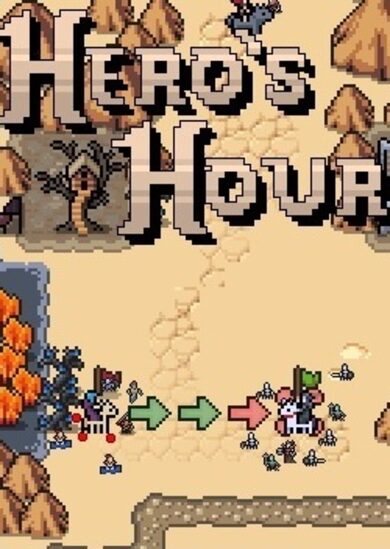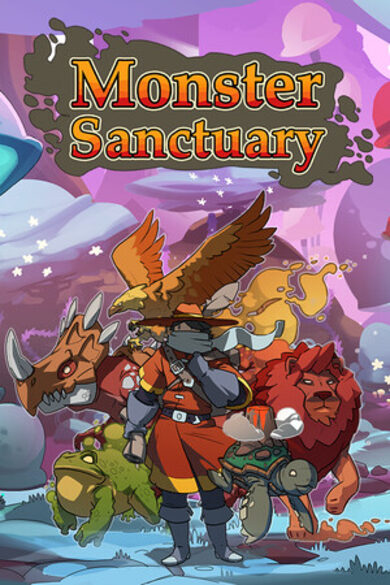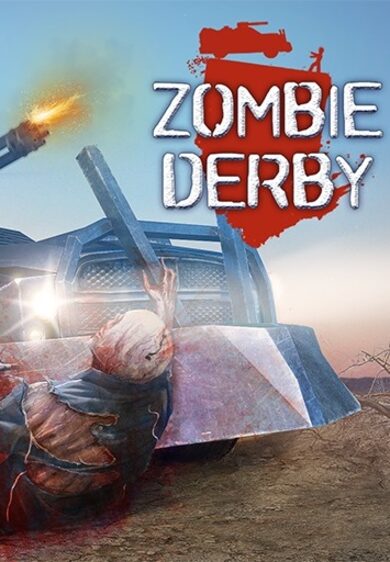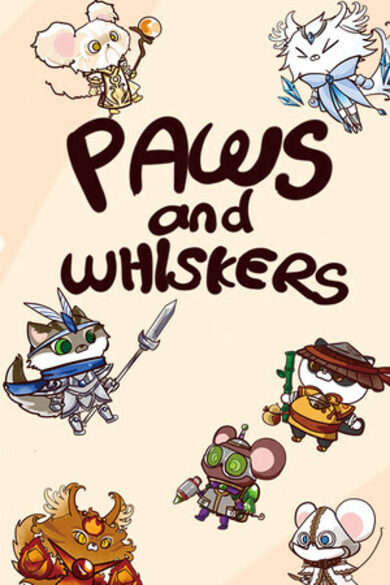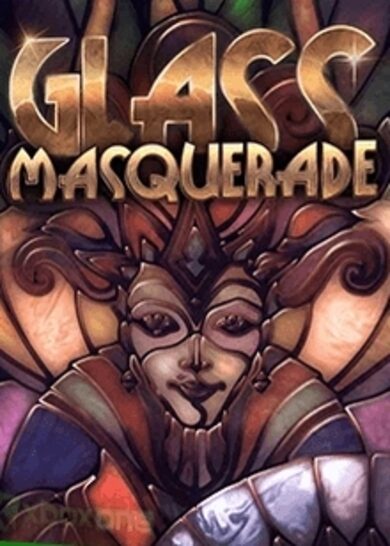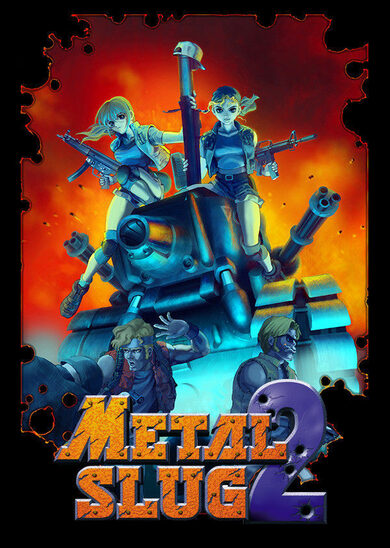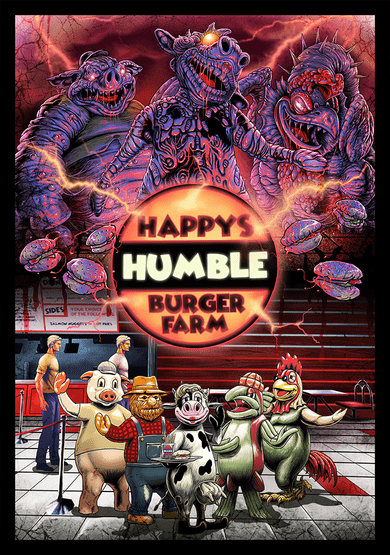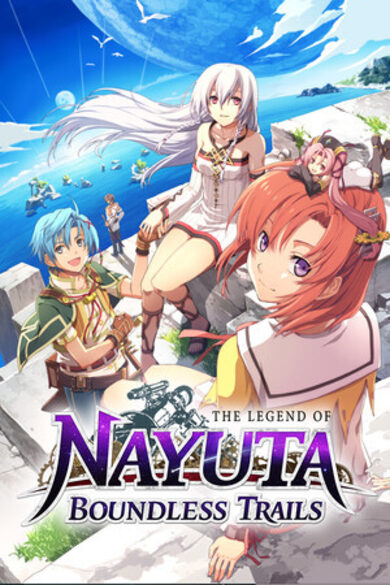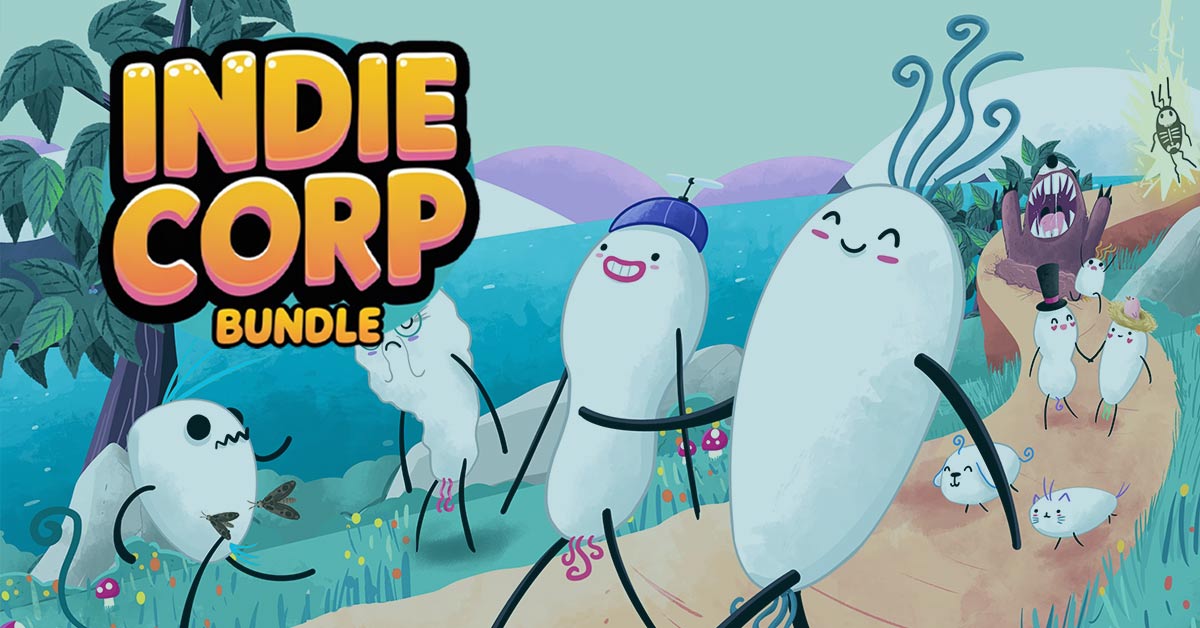RimWorld is a sci-fi colony sim driven by an intelligent AI storyteller. Inspired by Dwarf Fortress, Firefly, and Dune.
You begin with three survivors of a shipwreck on a distant world.
RimWorld is a story generator. It’s designed to co-author tragic, twisted, and triumphant stories about imprisoned pirates, desperate colonists, starvation and survival. It works by controlling the “random” events that the world throws at you. Every thunderstorm, pirate raid, and traveling salesman is a card dealt into your story by the AI Storyteller. There are several storytellers to choose from. Randy Random does crazy stuff, Cassandra Classic goes for rising tension, and Phoebe Friendly just makes good things happen.
Your colonists are not professional settlers – they’re crash-landed survivors from a passenger liner destroyed in orbit. You can end up with a nobleman, an accountant, and a housewife. You’ll acquire more colonists by capturing them in combat and turning them to your side, buying them from slave traders, or taking in refugees. So your colony will always be a motley crew.
Each person’s background is tracked and affects how they play. A nobleman will be great at social skills (recruiting prisoners, negotiating trade prices), but refuse to do physical work. A farm oaf knows how to grow food by long experience, but cannot do research. A nerdy scientist is great at research, but cannot do social tasks at all. A genetically engineered assassin can do nothing but kill – but he does that very well.
Colonists develop - and destroy - relationships. Each has an opinion of the others, which determines whether they'll become lovers, marry, cheat, or fight. Perhaps your two best colonists are happily married - until one of them falls for the dashing surgeon who saved her from a gunshot wound.
The game generates a whole planet from pole to equator. You choose whether to land your crash pods in a cold northern tundra, a parched desert plain, a temperate forest, or a steaming equatorial jungle. Different areas have different animals, plants, diseases, temperatures, rainfall, mineral resources, and terrain. These challenges of surviving in a disease-infested, choking jungle are very different from those in a parched desert wasteland or a frozen tundra with a two-month growing season.
You can tame and train animals. Lovable pets will cheer up sad colonists. Farm animals can be worked, milked, and sheared. Attack beasts can be released upon your enemies. There are many animals - cats, labrador retrievers, grizzly bears, camels, cougars, chinchillas, chickens, and exotic alien-like lifeforms.
People in RimWorld constantly observe their situation and surroundings in order to decide how to feel at any given moment. They respond to hunger and fatigue, witnessing death, disrespectfully unburied corpses, being wounded, being left in darkness, getting packed into cramped environments, sleeping outside or in the same room as others, and many other situations. If they're too stressed, they might lash out or break down.
Wounds, infections, prosthetics, and chronic conditions are tracked on each body part and affect characters' capacities. Eye injuries make it hard to shoot or do surgery. Wounded legs slow people down. Hands, brain, mouth, heart, liver, kidneys, stomach, feet, fingers, toes, and more can all be wounded, diseased, or missing, and all have logical in-game effects. And other species have their own body layouts - take off a deer's leg, and it can still hobble on the other three. Take off a rhino's horn, and it's much less dangerous.
You can repair body parts with prosthetics ranging from primitive to transcendent. A peg leg will get Joe Colonist walking after an unfortunate incident with a rhinoceros, but he'll still be quite slow. Buy an expensive bionic leg from a trader the next year, and Joe becomes a superhuman runner. You can even extract, sell, buy, and transplant internal organs.
And there's much more than that! The game is easy to mod and has an active mod community. Read more at http://rimworldgame.com.
(All non-English translations are made by fans.)
You begin with three survivors of a shipwreck on a distant world.
- Manage colonists' moods, needs, wounds, and illnesses.
- Fashion structures, weapons, and apparel from metal, wood, stone, cloth, or futuristic materials.
- Tame and train cute pets, productive farm animals, and deadly attack beasts.
- Watch colonists develop and break relationships with family members, lovers, and spouses.
- Fight pirate raiders, hostile tribes, rampaging animals, giant tunnelling insects and ancient killing machines.
- Trade with passing ships and trade caravans.
- Decorate your colony to make it into a pleasurable space.
- Dig through snow, weather storms, and fight fires.
- Capture refugees or prisoners and turn them to your side or sell them into slavery.
- Discover a new generated world each time you play.
- Build colonies in the desert, jungle, tundra, and more.
- Learn to play easily with the help of an intelligent and unobtrusive AI tutor.
RimWorld is a story generator. It’s designed to co-author tragic, twisted, and triumphant stories about imprisoned pirates, desperate colonists, starvation and survival. It works by controlling the “random” events that the world throws at you. Every thunderstorm, pirate raid, and traveling salesman is a card dealt into your story by the AI Storyteller. There are several storytellers to choose from. Randy Random does crazy stuff, Cassandra Classic goes for rising tension, and Phoebe Friendly just makes good things happen.
Your colonists are not professional settlers – they’re crash-landed survivors from a passenger liner destroyed in orbit. You can end up with a nobleman, an accountant, and a housewife. You’ll acquire more colonists by capturing them in combat and turning them to your side, buying them from slave traders, or taking in refugees. So your colony will always be a motley crew.
Each person’s background is tracked and affects how they play. A nobleman will be great at social skills (recruiting prisoners, negotiating trade prices), but refuse to do physical work. A farm oaf knows how to grow food by long experience, but cannot do research. A nerdy scientist is great at research, but cannot do social tasks at all. A genetically engineered assassin can do nothing but kill – but he does that very well.
Colonists develop - and destroy - relationships. Each has an opinion of the others, which determines whether they'll become lovers, marry, cheat, or fight. Perhaps your two best colonists are happily married - until one of them falls for the dashing surgeon who saved her from a gunshot wound.
The game generates a whole planet from pole to equator. You choose whether to land your crash pods in a cold northern tundra, a parched desert plain, a temperate forest, or a steaming equatorial jungle. Different areas have different animals, plants, diseases, temperatures, rainfall, mineral resources, and terrain. These challenges of surviving in a disease-infested, choking jungle are very different from those in a parched desert wasteland or a frozen tundra with a two-month growing season.
You can tame and train animals. Lovable pets will cheer up sad colonists. Farm animals can be worked, milked, and sheared. Attack beasts can be released upon your enemies. There are many animals - cats, labrador retrievers, grizzly bears, camels, cougars, chinchillas, chickens, and exotic alien-like lifeforms.
People in RimWorld constantly observe their situation and surroundings in order to decide how to feel at any given moment. They respond to hunger and fatigue, witnessing death, disrespectfully unburied corpses, being wounded, being left in darkness, getting packed into cramped environments, sleeping outside or in the same room as others, and many other situations. If they're too stressed, they might lash out or break down.
Wounds, infections, prosthetics, and chronic conditions are tracked on each body part and affect characters' capacities. Eye injuries make it hard to shoot or do surgery. Wounded legs slow people down. Hands, brain, mouth, heart, liver, kidneys, stomach, feet, fingers, toes, and more can all be wounded, diseased, or missing, and all have logical in-game effects. And other species have their own body layouts - take off a deer's leg, and it can still hobble on the other three. Take off a rhino's horn, and it's much less dangerous.
You can repair body parts with prosthetics ranging from primitive to transcendent. A peg leg will get Joe Colonist walking after an unfortunate incident with a rhinoceros, but he'll still be quite slow. Buy an expensive bionic leg from a trader the next year, and Joe becomes a superhuman runner. You can even extract, sell, buy, and transplant internal organs.
And there's much more than that! The game is easy to mod and has an active mod community. Read more at http://rimworldgame.com.
(All non-English translations are made by fans.)
Biotech preview #3: Reproduction, children, genetic modification, & release date
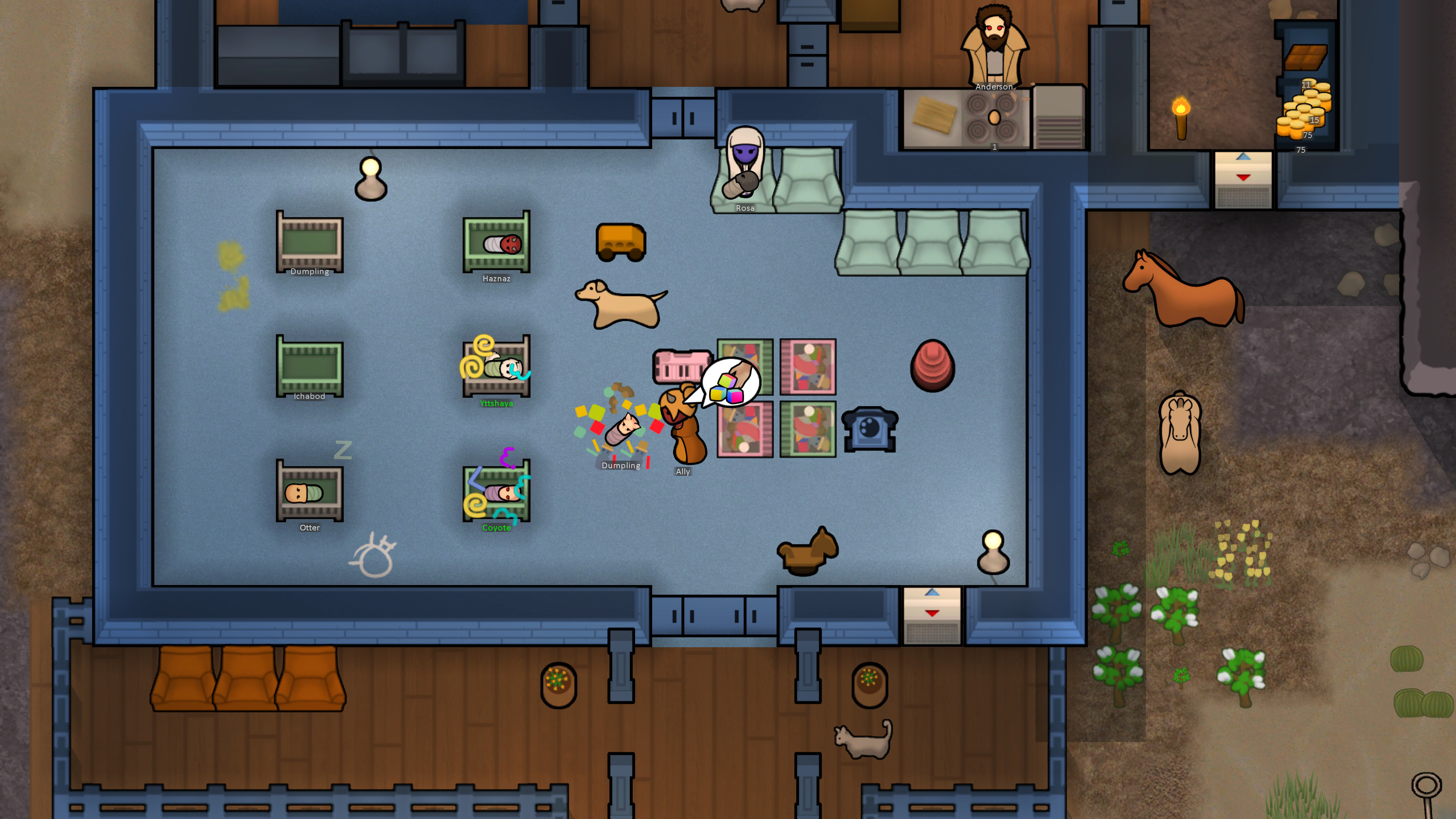
Pregnancy can occur through natural means or advanced fertility procedures. You can let your colonists relationships develop organically, or play matchmaker with new romance options! Browse your colonists romantic interests and encourage them to make a move on a potential sweetheart. (Hopefully they share some kind of chemistry, or someone will be brutally rejected.)
We sped up pregnancy to last only 18 in-game days, given the short-lived nature of many colonies. Take care of mom during this time - pregnant colonists get real big, slow, and hungry. They also struggle with waves of morning sickness and brutal mood swings from the highest highs to the lowest lows.
Prepare for your little one before labor begins. Birth is difficult and dangerous for both the mother and child - youd be smart to have a good, clean birthing room with supportive family members and a skilled doctor nearby - it could make the difference. Complicated births can be turned off via storyteller setting.
Newborns won't move on their own and rely on adults to feed and protect them. Colonists assigned to "childcare" work will be responsible for all the babysitting!
Keep your baby's tummy full with lots of good eats. Babies can't stomach the complex meals adults like, so keep mom nearby for breastfeeding or cook up some mushy gooey baby food. (Adults forced to eat baby food will not like it.) In a pinch, insect jelly and animal milk do a great job of keeping babies full.
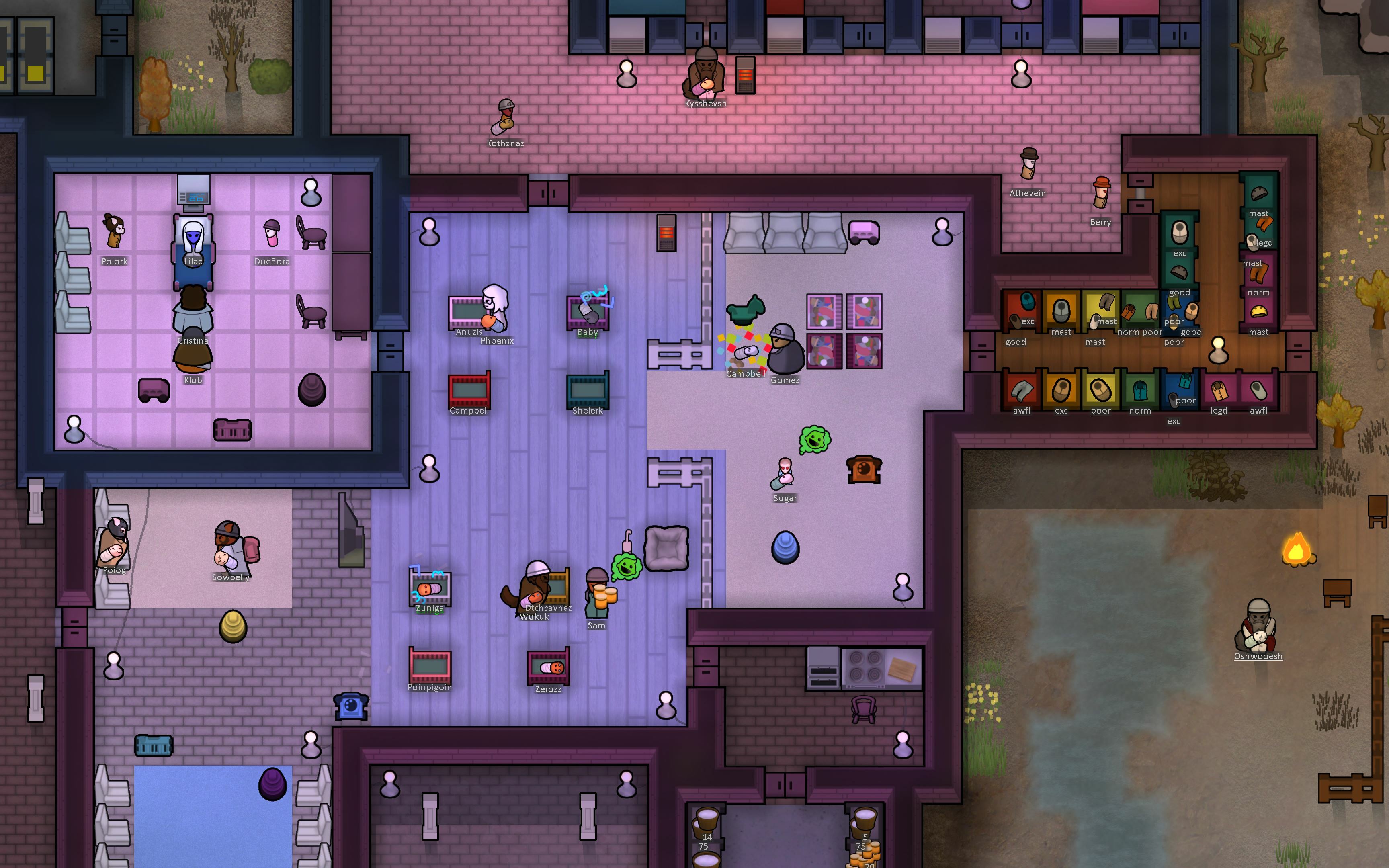
Everyone benefits from playtime. Build an adorable nursery brimming with toy chests and baby decorations that help fulfill the little ones' play need. Adults will play with the youngsters and carry them around the colony. When its naptime, babies sleep a lot better in a high-quality crib made from good materials - no splinters please!
Happy babies make for happy colonists. Parents share a special bond with their children, and will be in high spirits when their children are happy (or feel terrible when their kids are unhappy). Keeping babies happy is vital for the short and long term health of your colony. Unhappy babies unleash a powerful sonic-psychic weapon (known as crying) which can reduce the mood of any person within earshot. Likewise, a happy babys giggling brightens the day of anyone who hears it. It pays to keep the youngsters and the adults in a good mood!
At age three, children will be walking, talking and getting into trouble. We adjusted the speed they grow so that you'll see the most important life moments in a single game. Those that prefer a more natural progression can adjust the speed in the storyteller settings.
Children have a unique "learning" need. Satisfying this need depends on what their current learning desire is - they may want to chat over the radio, explore nature, scribble on the floor, take lessons in class, daydream on the ground, or watch the adults as they work. Fulfilling children's learning desires contributes to their overall development and improves their chances. While children are generally slower and less skilled than adults, they have a natural optimism and a curiosity for the world around them. Like newborns, when children are happy, it improves the mood of the adult colonists around them. Children will also require clothing tailored just for them. Make sure youve got enough child-sized parkas to keep them warm in the winter!
At ages seven, ten, and thirteen, children reach developmental milestones known as "growth moments" where you choose their traits and passions, and unlock new work types for them. Children that spend more time fulfilling their learning needs have a greater variety of advantageous traits to pick from. Balance your childrens work and leisure schedules with care. A rich childhood with lots of attention gives them better chances to be a capable adult, but doesnt guarantee anything.
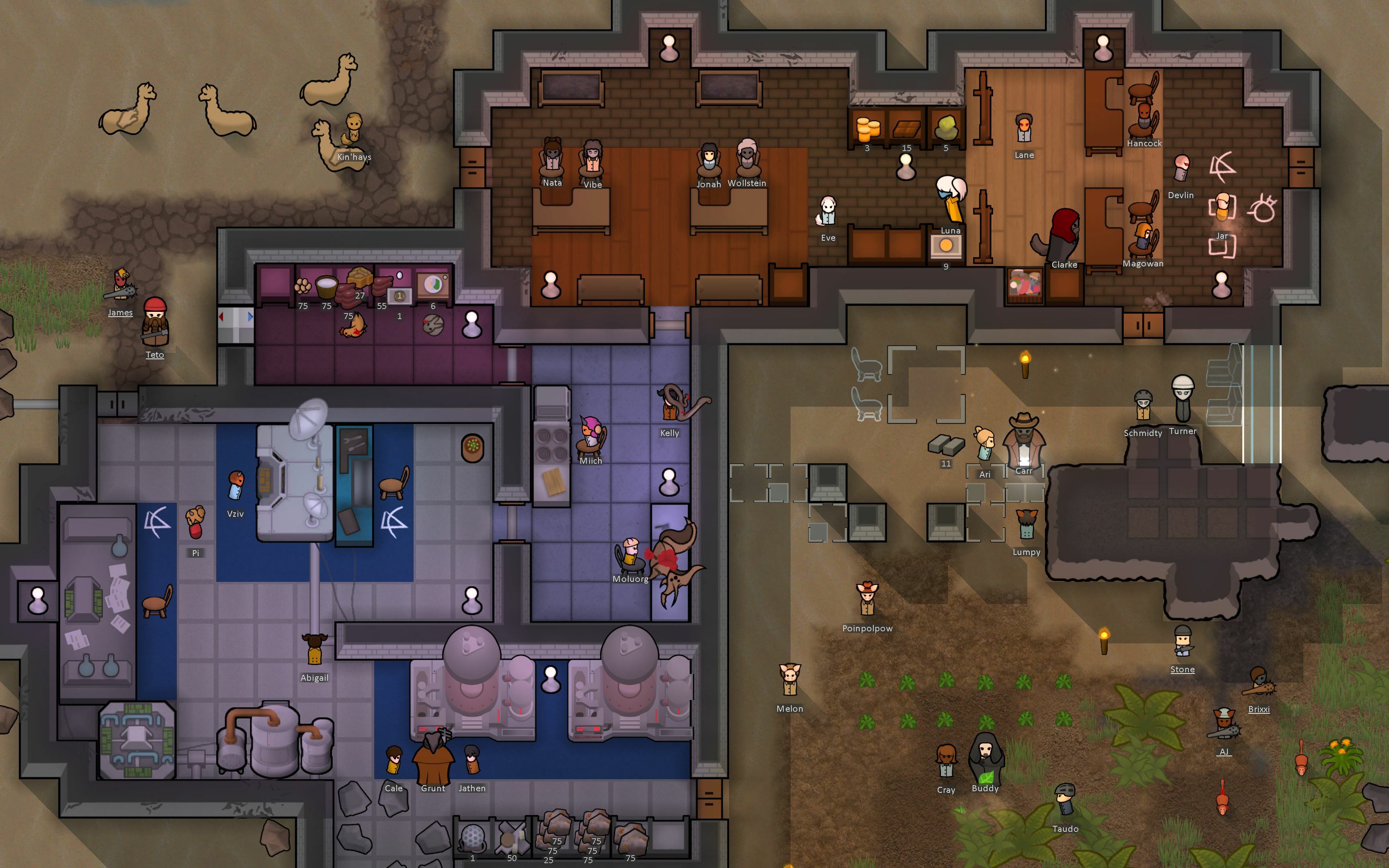
Growth vats accelerate development and sustain the embryo without subjecting a mother to the unpleasantness of pregnancy. In a mere 9 days, embryos develop into babies. You could remove your child at this time - or leave them inside to continue growing.
Children grow significantly faster in the vat than if they were out and about in the world. However, theyll miss out on childhood and never pursue their learning desires, resulting in poorer choices of traits and passions during growth moments. Whether you keep children floating in growth vats or let them out to experience life depends on your goals.
Growth vats are excellent tools for churning out super-soldier and simple workers, but require large amounts of nutrition. Without an adequate supply of nutrition, individuals in the vats will suffer from bio-starvation.

To create a xenohuman, you'll first need genepacks - small capsules containing a handful of genes. Genepacks can be purchased from traders, earned as quest rewards, or extracted from a host using a high-tech gene extractor. The process is not terribly comfortable, but the result is a genepack containing a random assortment of the specimens germline genes and xenogenes. Using a gene assembler, you can recombine several genepacks together into an implantable organ called a xenogerm. Once implanted into a human, they will immediately gain the traits associated with the xenogerm's contained genes.
Dont want to wait to make xenohumans? When starting a new game, you can select premade xenotypes for your starting colonists - or create your very own! Weve also added a number of xenohuman factions (but more on that in a later blog post).
Genes come in two distinct flavors: germline genes and xenogenes. Germline genes are present in every cell of the host's body and are able to be passed onto children. Examples in a baseline human would include hair and skin color. Xenogenes, on the other hand, are technologically implanted and cannot be passed on.

Youll need to pick genes carefully. Powerful genes will decrease a persons metabolic efficiency, making them need more food. On the other hand, genes with drawbacks will increase a persons metabolic efficiency. Creating a functioning xenotype is a thoughtful balancing act of picking the right strengths and weaknesses. Create a muscular cave dweller whos afraid of the sun, or a sleepless genius who needs smokeleaf to survive. The possibilities are endless.
The most powerful genes require archite capsules - small containers of microscopic machines produced by superintelligent archotechs. These devices are capable of enabling genes with physical and psychic feats which would otherwise be impossible, from perfect immunity, to super healing, to immortality.
Join the blog post discussion on Reddit here!
- Jay and Matt
Hi everyone, Jay and Matt here - were developers at Ludeon.
We've got a release date for you: RimWorld - Biotech is coming out on October 21, 2022.
Mark your calendars and wishlist Biotech now !
Todays preview covers reproduction, children, vatgrowing, and genetic engineering.
You can also check out our previous blog posts below:
- Biotech expansion announced! Update 1.4 on unstable branch
- Biotech preview #1: Mechanitor infrastructure and labor mechs
- Biotech preview #2: Combat mechanoids, pollution, and super-mechanoid bosses
Natural and artificial reproduction
Biotech lets you have children and raise a family! Children end up in your life in many ways - colonists could give birth or use a surrogate mother, take in a band of orphans, and even gestate embryos in machines.
Pregnancy can occur through natural means or advanced fertility procedures. You can let your colonists relationships develop organically, or play matchmaker with new romance options! Browse your colonists romantic interests and encourage them to make a move on a potential sweetheart. (Hopefully they share some kind of chemistry, or someone will be brutally rejected.)
We sped up pregnancy to last only 18 in-game days, given the short-lived nature of many colonies. Take care of mom during this time - pregnant colonists get real big, slow, and hungry. They also struggle with waves of morning sickness and brutal mood swings from the highest highs to the lowest lows.
Prepare for your little one before labor begins. Birth is difficult and dangerous for both the mother and child - youd be smart to have a good, clean birthing room with supportive family members and a skilled doctor nearby - it could make the difference. Complicated births can be turned off via storyteller setting.
Taking care of babies
A babys life is simple: eat, sleep, and play.Newborns won't move on their own and rely on adults to feed and protect them. Colonists assigned to "childcare" work will be responsible for all the babysitting!
Keep your baby's tummy full with lots of good eats. Babies can't stomach the complex meals adults like, so keep mom nearby for breastfeeding or cook up some mushy gooey baby food. (Adults forced to eat baby food will not like it.) In a pinch, insect jelly and animal milk do a great job of keeping babies full.

Everyone benefits from playtime. Build an adorable nursery brimming with toy chests and baby decorations that help fulfill the little ones' play need. Adults will play with the youngsters and carry them around the colony. When its naptime, babies sleep a lot better in a high-quality crib made from good materials - no splinters please!
Happy babies make for happy colonists. Parents share a special bond with their children, and will be in high spirits when their children are happy (or feel terrible when their kids are unhappy). Keeping babies happy is vital for the short and long term health of your colony. Unhappy babies unleash a powerful sonic-psychic weapon (known as crying) which can reduce the mood of any person within earshot. Likewise, a happy babys giggling brightens the day of anyone who hears it. It pays to keep the youngsters and the adults in a good mood!
Raising children
At age three, children will be walking, talking and getting into trouble. We adjusted the speed they grow so that you'll see the most important life moments in a single game. Those that prefer a more natural progression can adjust the speed in the storyteller settings.
Children have a unique "learning" need. Satisfying this need depends on what their current learning desire is - they may want to chat over the radio, explore nature, scribble on the floor, take lessons in class, daydream on the ground, or watch the adults as they work. Fulfilling children's learning desires contributes to their overall development and improves their chances. While children are generally slower and less skilled than adults, they have a natural optimism and a curiosity for the world around them. Like newborns, when children are happy, it improves the mood of the adult colonists around them. Children will also require clothing tailored just for them. Make sure youve got enough child-sized parkas to keep them warm in the winter!
At ages seven, ten, and thirteen, children reach developmental milestones known as "growth moments" where you choose their traits and passions, and unlock new work types for them. Children that spend more time fulfilling their learning needs have a greater variety of advantageous traits to pick from. Balance your childrens work and leisure schedules with care. A rich childhood with lots of attention gives them better chances to be a capable adult, but doesnt guarantee anything.

Vatgrowing
Technology offers an alternative to long and burdensome human pregnancies: growth vats. Extract and combine genetic material from the parents to create an embryo, and insert it into the machine.Growth vats accelerate development and sustain the embryo without subjecting a mother to the unpleasantness of pregnancy. In a mere 9 days, embryos develop into babies. You could remove your child at this time - or leave them inside to continue growing.
Children grow significantly faster in the vat than if they were out and about in the world. However, theyll miss out on childhood and never pursue their learning desires, resulting in poorer choices of traits and passions during growth moments. Whether you keep children floating in growth vats or let them out to experience life depends on your goals.
Growth vats are excellent tools for churning out super-soldier and simple workers, but require large amounts of nutrition. Without an adequate supply of nutrition, individuals in the vats will suffer from bio-starvation.
Genetic modifications
With Biotech, you can create your very own genetically-engineered colonists, known as xenohumans.
To create a xenohuman, you'll first need genepacks - small capsules containing a handful of genes. Genepacks can be purchased from traders, earned as quest rewards, or extracted from a host using a high-tech gene extractor. The process is not terribly comfortable, but the result is a genepack containing a random assortment of the specimens germline genes and xenogenes. Using a gene assembler, you can recombine several genepacks together into an implantable organ called a xenogerm. Once implanted into a human, they will immediately gain the traits associated with the xenogerm's contained genes.
Dont want to wait to make xenohumans? When starting a new game, you can select premade xenotypes for your starting colonists - or create your very own! Weve also added a number of xenohuman factions (but more on that in a later blog post).
Genes
So what do genes do? Well, quite a bit. Let's preview a few of them:- Fire spew: The carrier of this gene gains the ability to spew flammable bile. The bile sticks to anything in a small area and can ignite people, objects, and the ground. (Just make sure to have a firefoam pop pack handy.)
- Longjump legs: This gene gives the ability to jump long distances, letting melee attackers quickly close distance between them and their foe.
- Furskin: The body of a carrier is covered in thick fur, providing some insulation and changing the person's appearance. Furskin is perfect for cold climates.
- Smooth tail: Carriers of this gene grow a slender tail that can act as a dexterous fifth limb, increasing their manipulation.
- Strong stomach: Carriers have an extra toxin-filtering organ in their stomach and will never suffer from food poisoning even after eating rotten food.
- Psychic bonding: People with this gene bond with a single person for life, sharing a psychic bond with them. As long as they remain close to their mate, they will be happy - but if their partner dies, it can be catastrophic to their mental health.
- Robust: Carriers take less injuries than others from the same damage. This can stack with the 'tough' trait to create incredible powerhouses.
- Never sleep: This gene completely prevents the need for sleep.
- Ageless: Carriers of this gene do not age biologically. Stay young forever!
- Great shooting: Greatly increases a persons aptitude for shooting, effectively increasing their shooting skill by +8.
- Psychite addict-immune: Carriers are immune to addictions caused by consuming psychite.
- Deathrest: Carriers of this gene must periodically regenerate themselves in a special coma called deathrest. Deathrest takes days, but can confer substantial bonuses with the right infrastructure. Deathrest can be accelerated and its effects enhanced by the use of a variety of special buildings and technologies.
Genes come in two distinct flavors: germline genes and xenogenes. Germline genes are present in every cell of the host's body and are able to be passed onto children. Examples in a baseline human would include hair and skin color. Xenogenes, on the other hand, are technologically implanted and cannot be passed on.

Youll need to pick genes carefully. Powerful genes will decrease a persons metabolic efficiency, making them need more food. On the other hand, genes with drawbacks will increase a persons metabolic efficiency. Creating a functioning xenotype is a thoughtful balancing act of picking the right strengths and weaknesses. Create a muscular cave dweller whos afraid of the sun, or a sleepless genius who needs smokeleaf to survive. The possibilities are endless.
The most powerful genes require archite capsules - small containers of microscopic machines produced by superintelligent archotechs. These devices are capable of enabling genes with physical and psychic feats which would otherwise be impossible, from perfect immunity, to super healing, to immortality.
Next time
Remember, Biotech releases on October 21, 2022! Stay tuned for our last blog post and please wishlist Biotech on Steam .Join the blog post discussion on Reddit here!
- Jay and Matt
[ 2022-10-15 16:21:43 CET ] [Original Post]
Minimum Setup
- Processor: Core 2 DuoMemory: 4 GB RAM
- Memory: 4 GB RAM
- Graphics: Intel HD Graphics 4000 or other shader model 4.0
- Storage: 1 GB available space
GAMEBILLET
[ 6355 ]
FANATICAL
[ 6593 ]
GAMERSGATE
[ 3177 ]
MacGameStore
[ 2532 ]
INDIEGALA
[ 1655 ]
LOADED
[ 1040 ]
ENEBA
[ 32822 ]
Green Man Gaming Deals
[ 867 ]
AllKeyShop
[ 45629 ]
YUPLAY
[ 6040 ]
Gamivo
[ 17232 ]
HUMBLE
[ 819 ]
FANATICAL BUNDLES
GMG BUNDLES
HUMBLE BUNDLES
INDIEGALA BUNDLES
by buying games/dlcs from affiliate links you are supporting tuxDB

